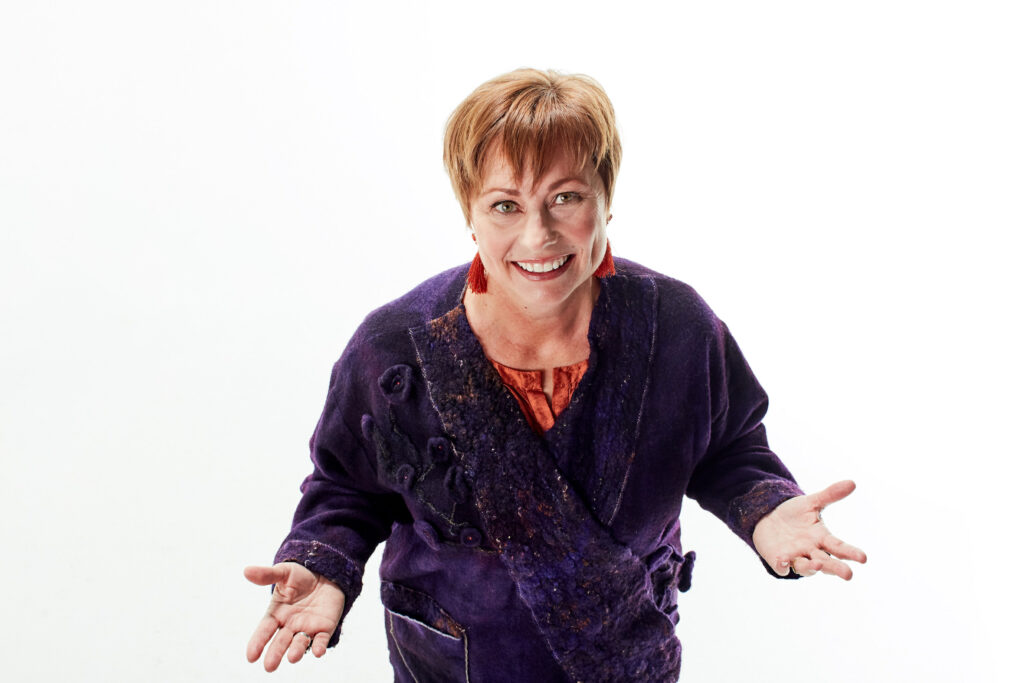by, Becky Henry, CPCC

Family caregivers of those with eating disorders have often told me that it broke their hearts to take a child or other loved one to a Residential Treatment Center (RTC). Often this can feel like a “last ditch effort” to families new to this. There are challenges for family caregivers at all levels of treatment, I’d be happy to discuss any other levels as well.
Learning the realities of what a RTC is and is not and what the roles are is a steep learning curve for families. I was there 17 years ago and was terrified, sad, had very little hope and was 100% unaware and unprepared for what to expect and how to best support my loved one.
The goal of the RTC topic in my HUG Kit videos and guidebook is to help family caregivers: “To understand what to expect from RTC and what your role needs to be.”
Learning about navigating the journey of a RTC or multiple admissions takes asking a lot of questions and honing some skills. I’m not going into all of those that are covered in the HUG Kits here. Today I’ll share 3 Tips for navigating this part of the journey.
- Practice Skills – Choose the method by which you learn best (videos, articles, books, talking, etc) and pick 2-3 skills to work on from this list:
- Breathe intentionally.
- Use Top 10 List to practice self care.
- Fill your cup daily.
- Prepare for “THE CALL”
- Prepare for work to begin when they return home.
2. Answer Questions – Start preparing your list of questions for the RTC. Here are a few to get you started (there are more in the HUG Kit Guidebook):
- Who is the person at your center to help me /work with insurance for more time? What is their phone number?
- Who is helping me set up his/her NEXT for after RTC? And what is their phone number?
- What they do to support parents and families?
3. Gather Resources – Keep this list of articles and resources handy for reference.
- Article: “What Parents and Health Care Professionals Can Expect From Residential Treatment” by, Becky Henry, CPCC
- When Your Loved One is Over 18 and Refusing Treatment
- Find Treatment – Alliance For Eating Disorders Awareness
When a person in recovery has caregivers who are calmer, more compassionate, and confident; they do better.
These are just a few brief tips to get you started. Know you do not need to do this alone.

